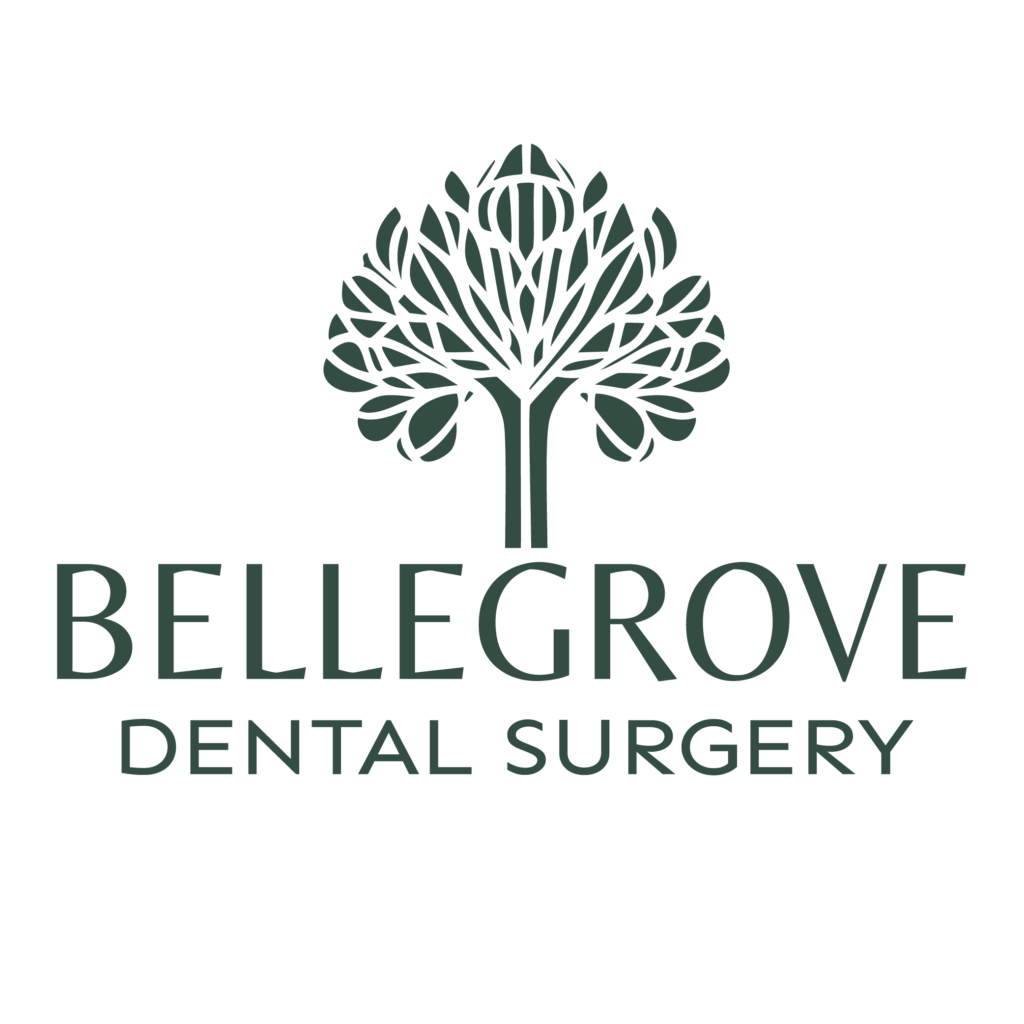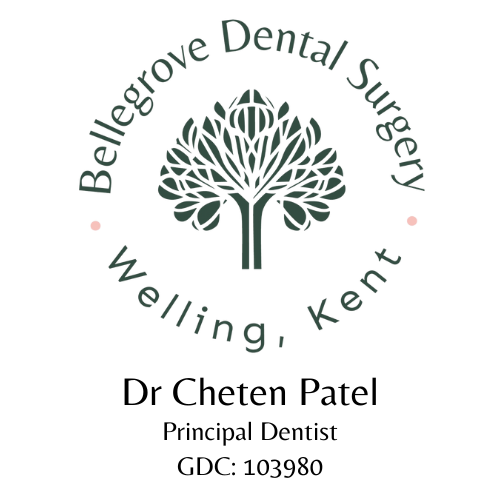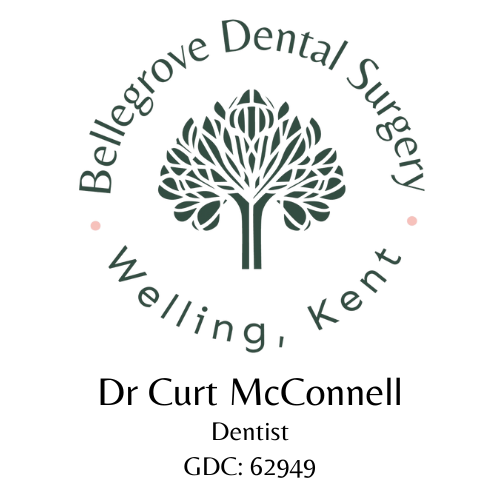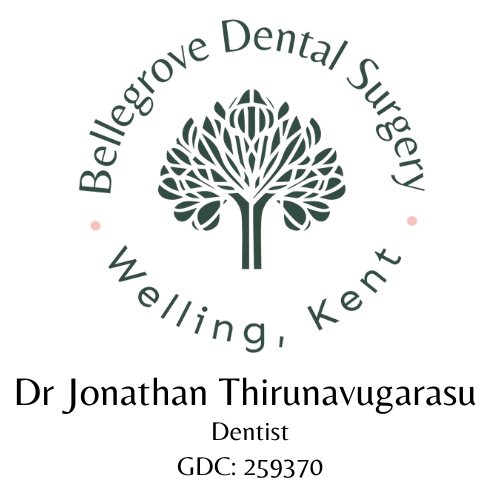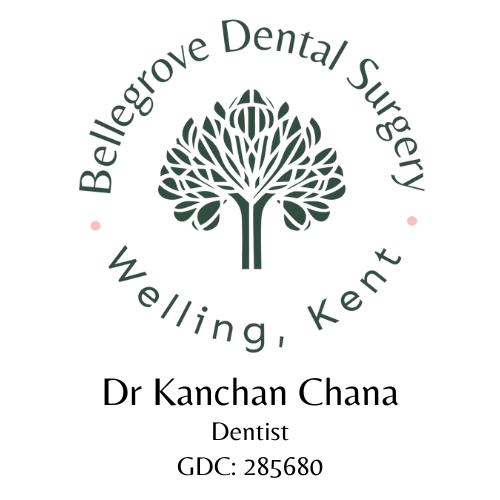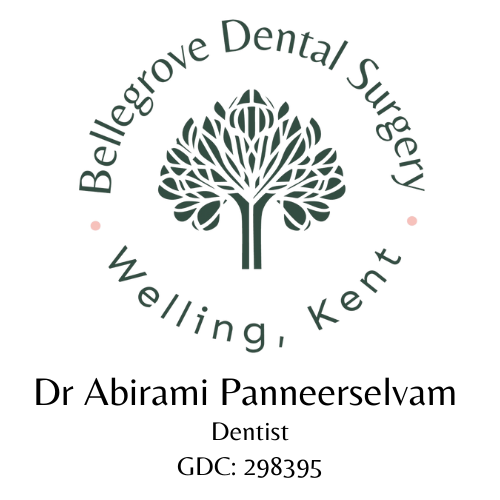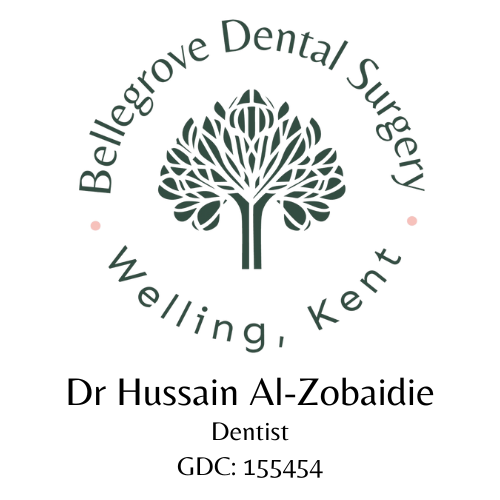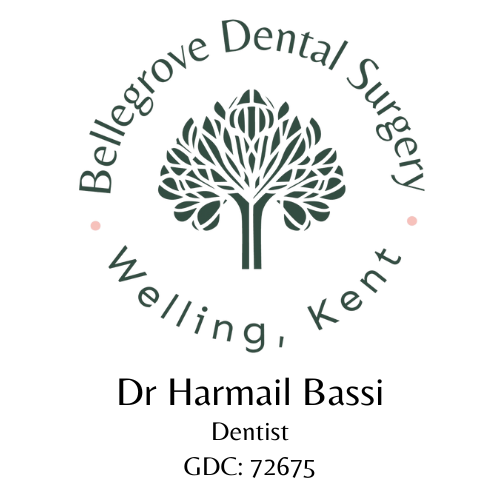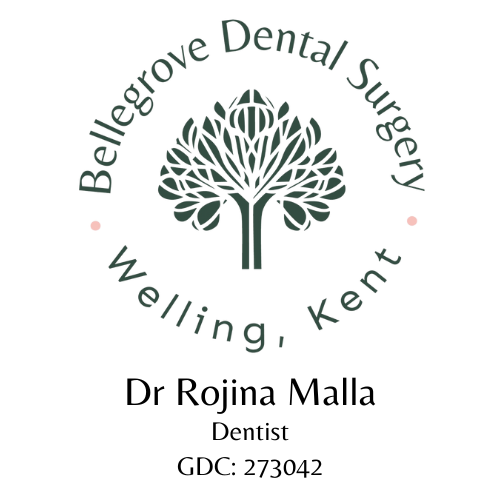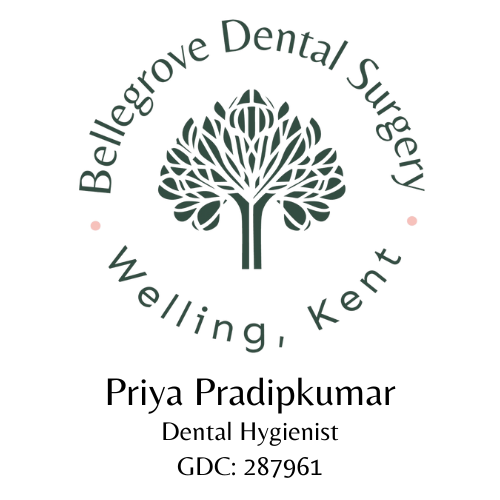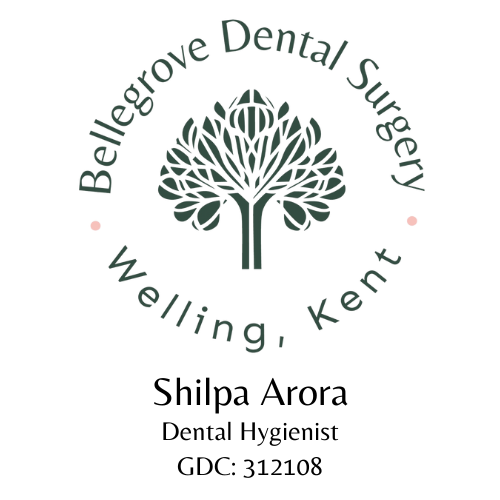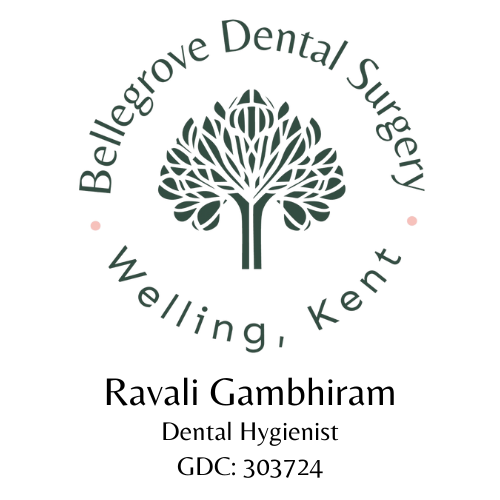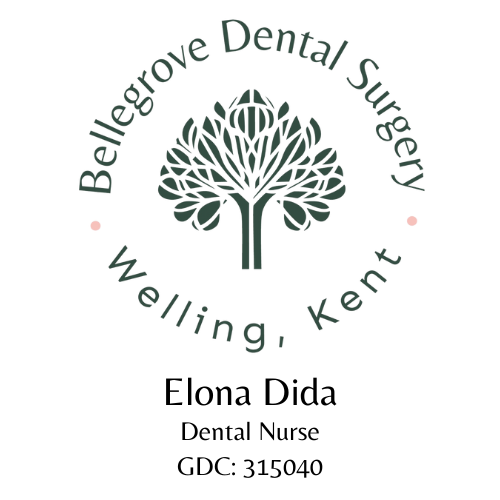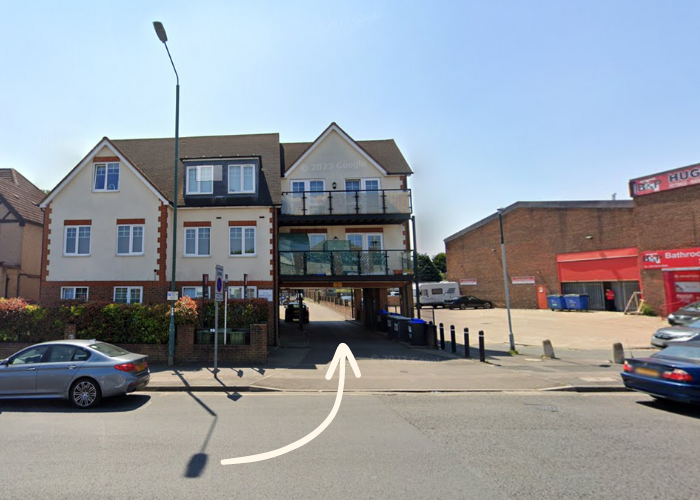Emergency Dentistry at Bellegrove Dental
Dental emergencies can occur at any time and require immediate attention to relieve severe pain, save a tooth, or prevent long-term complications. Our dedicated team is prepared to handle a variety of dental emergencies with prompt and effective treatments.
What constitutes a dental emergency?
Understanding what qualifies as a dental emergency can help you decide when to seek immediate care. Common dental emergencies include:
- Severe toothache: Pain that is persistent and impacts daily activities.
- Broken or chipped teeth: Especially if there is pain or sharp fragments that cause mouth irritation.
- Knocked-out tooth: Immediate treatment can potentially save the tooth.
- Lost filling or crown: Exposed tooth tissue can be sensitive or painful and needs quick protection.
- Abscess or infection: Indicated by severe swelling, pain, or fever, which can be life-threatening if not treated promptly.
- Bleeding gums: Especially if the bleeding is severe or does not stop.
How to handle common dental emergencies
Here are quick tips on managing dental emergencies until you can get professional help:
- For severe toothache: Rinse your mouth with warm water and use dental floss to remove any food lodged near the tooth.
- For a broken or chipped tooth: Save any pieces. Rinse the mouth and the pieces with warm water.
- For a knocked-out tooth: Try to place the tooth back in the socket without touching the root. If not possible, keep the tooth moist in milk or saliva.
- For a lost filling or crown: Apply a piece of sugar-free gum into the cavity or use dental cement available in pharmacies.
- For an abscess or infection: Rinse your mouth with mild salt water several times a day to ease the pain and draw the pus to the surface.
Choose our emergency dentist!
If a dental emergency occurs, do not wait! Contact our friendly team and benefit from:
- Prompt service: Quick response and treatment to alleviate pain and address the emergency.
- Experienced professionals: Skilled dental team ready to manage various types of dental emergencies.
- Advanced technology: Utilizing the latest dental technology to provide effective emergency care.







Frequently Asked Questions
A dental emergency includes situations like severe toothache, knocked-out teeth, broken or chipped teeth causing pain, lost fillings or crowns, abscesses, infections, and uncontrollable bleeding.
Rinse your mouth with warm water, gently use dental floss to remove any food caught between your teeth, and avoid placing aspirin directly against the gums near the aching tooth as it may burn the gum tissue.
If possible, try to place the tooth back in the socket without touching the root. If that’s not feasible, keep the tooth moist by placing it in milk or in your mouth next to your cheek and seek immediate dental care.
Yes, especially if you see a dentist within 30 minutes to 1 hour. Keeping the tooth moist and handling it properly increases the chances of it being successfully re-implanted.
Rinse your mouth with warm water, apply a cold compress to reduce swelling, and contact your dentist immediately. Save any pieces of the tooth that you can.
Signs of an abscess or infection include severe, persistent, throbbing toothache, sensitivity to hot and cold temperatures, fever, swelling in your face or cheek, and tender, swollen lymph nodes under your jaw or in your neck.
Rinse your mouth with mild salt water several times to reduce the pain and draw the pus toward the surface. See your dentist as soon as possible because abscesses can lead to more serious infections if not promptly treated.
Focused on your smile!
With us, you can forget the stressful, daunting dental visits! At Bellegrove Dental, our team will always make sure that each visit is always relaxing, swift, and designed around your individual needs!

